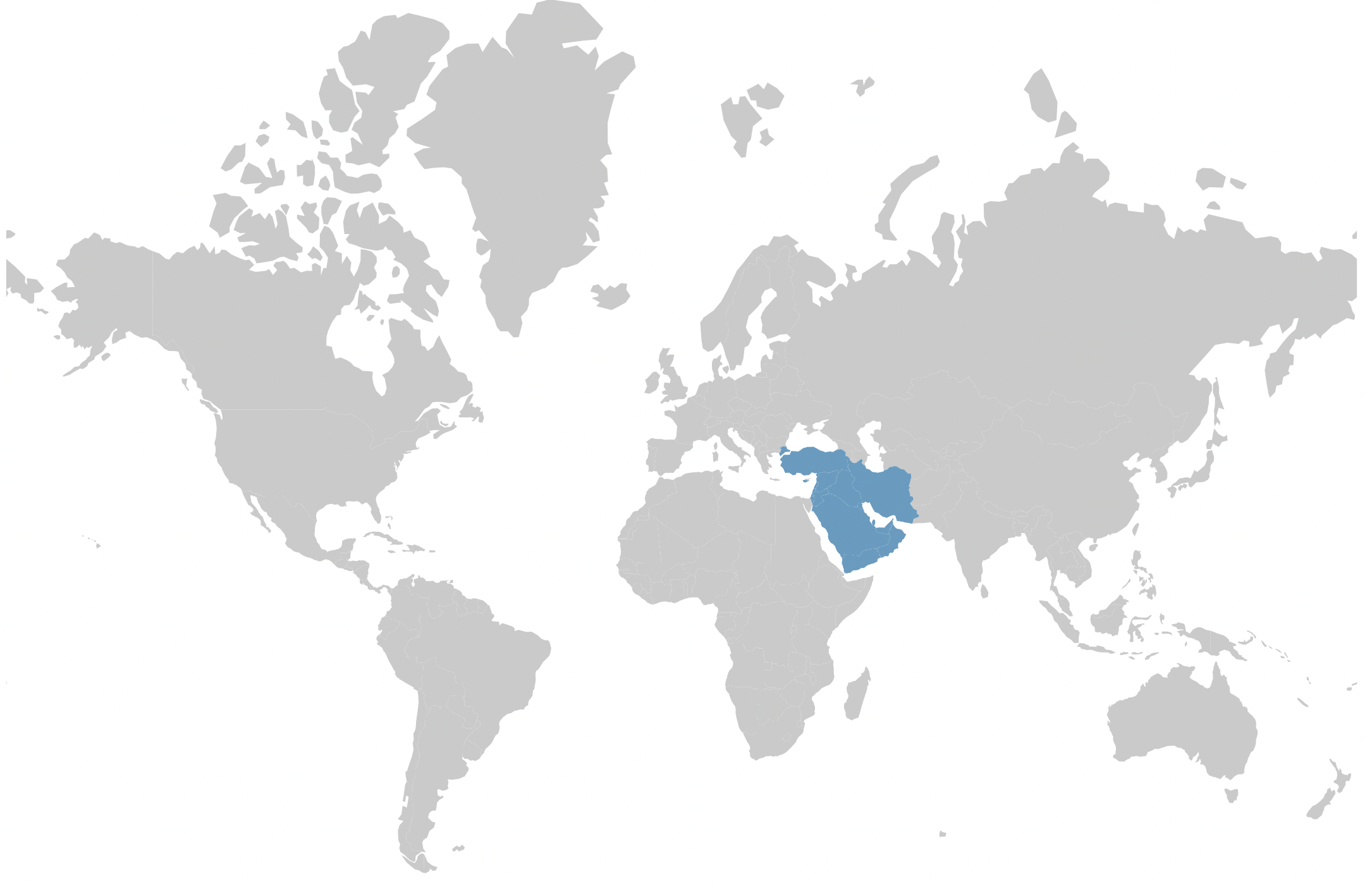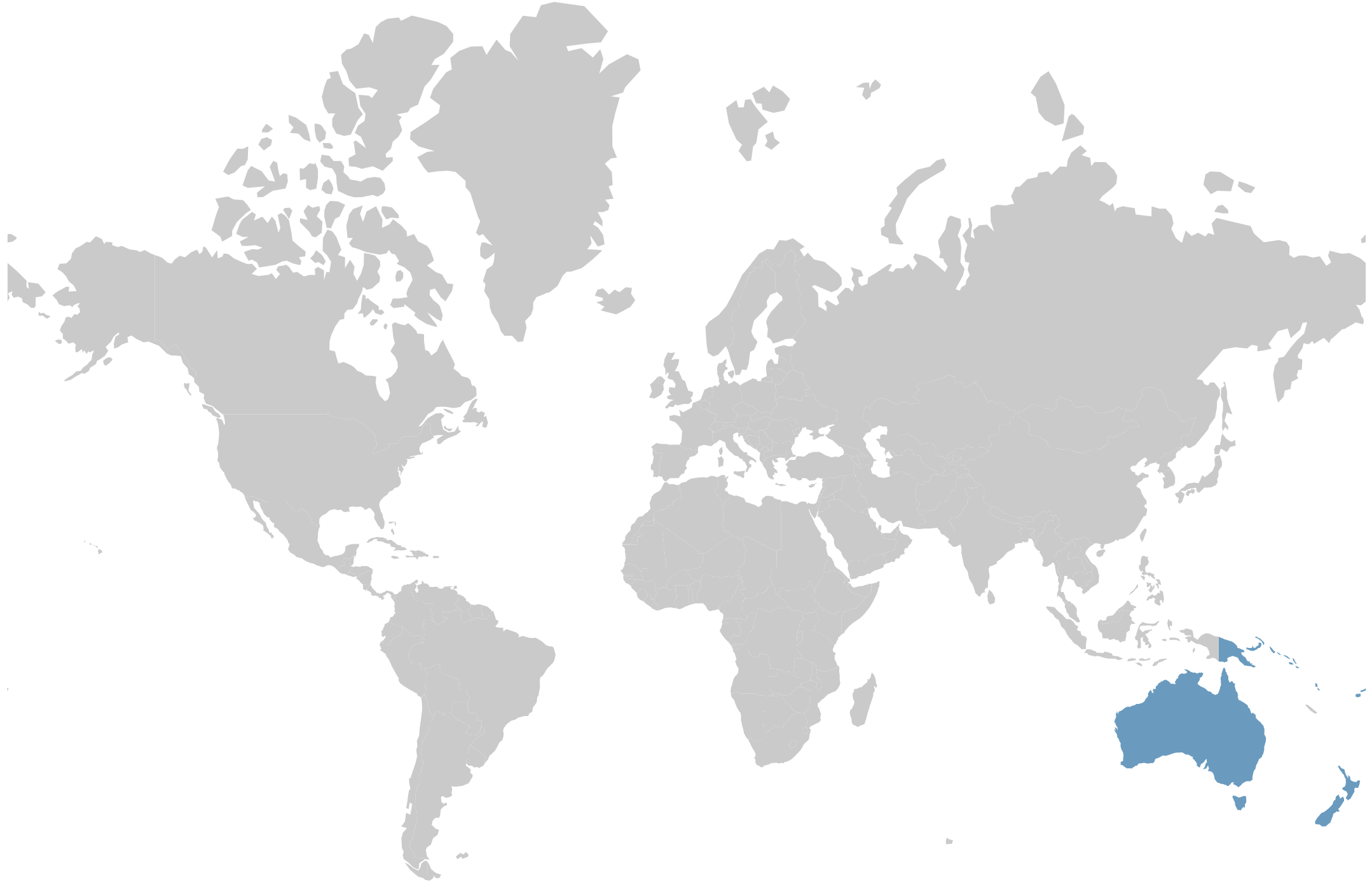International Trademark Registration
U.S. trademark rights are based on use, whereas in many other countries they are based on filing. Therefore, if you plan to eventually launch your brand overseas after a successful U.S. campaign, it may be wise to file internationally before a competitor can use the goodwill you've established in the U.S. and file for the same mark in another country.


Europe

Asia

Middle East

By international treaties, trademark applicants are allowed to use the filing date of their original trademark application (eg., your U.S. application) when filing internationally if that subsequent filing is submitted within six (6) months of the original filing.
Claiming priority in an international filing can be a strategic advantage because it establishes the earliest possible filing date, reducing the risk that a third-party will preempt your foreign application by filing a similar trademark. Claiming priority also allows applicants to greatly reduce capital outlay by spreading the costs of filing over six months rather than filing simultaneously. By working with counsel to develop an overall intellectual property strategy, businesses can better enforce their rights in foreign markets and secure and register trademarks in key foreign markets, including defensively in countries where violations are common.
1. In which countries do you currently sell, license, or franchise your products and services?
Do you have customers in different countries around the world? If so, it's important to protect your brand in each country you conduct business - including online sales. This is especially true if there is concern about protecting yourself from counterfeit and knockoff goods. Ask yourself – would your business be affected if someone sold counterfeit products or services in a country where your consumers recognized your brand? Would you care if someone in that country registered a domain name that confused customers into thinking that it's your brand? If your answers to these questions are "YES", then you should consider protecting your brands internationally.
2. In which countries are you likely to sell your products and services in the coming 3 to 5 years?
As your business grows, are you likely to expand into other countries? Would having sole ownership of your brand name in those countries be advantageous to the growth of your company? If you're advertising your products through the web, it's possible that entrepreneurs in those countries may catch wind and try to capitalize on your delay to protect your brand name in foreign jurisdictions. For this reason alone, international protection in countries in which you are likely to operate is also a good idea.
3. Determine which countries manufacture products similar to yours and protect yourself there.
Sometimes, counterfeit goods start at the source. Certain industrialized countries such as China, Taiwan, and India now have manufacturing prowess that enables non-ethical companies to cost - effectively create knockoffs of your goods and services. If that is the case, you should seek federal protections of your trademark from others misappropriating your goodwill and business reputation.
Lastly, ask yourself - would you care if someone started selling products and services with your brand (or a confusingly similar brand) in a country in which you currently operate or are likely to operate? If you answered "Yes" to any of these questions, then you should consider protecting your brands internationally.
